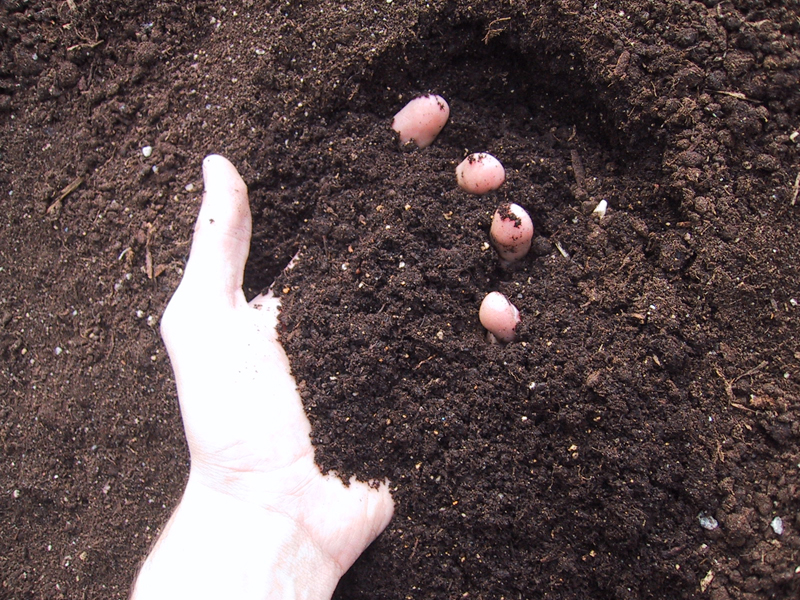 Biowaste is the unavoidable end-point of our civilisation. It’s made up of all of our waste, including biosolids (sewage sludge) and biodegradable material that is nutrient-rich. Many countries use a large proportion of treated biosolids on their agricultural land, and it’s a strategy to which New Zealand is giving increasing thought.
Biowaste is the unavoidable end-point of our civilisation. It’s made up of all of our waste, including biosolids (sewage sludge) and biodegradable material that is nutrient-rich. Many countries use a large proportion of treated biosolids on their agricultural land, and it’s a strategy to which New Zealand is giving increasing thought.
While countries such as the USA, Europe and Australia put 40 per cent of their treated biosolids on agricultural land, New Zealand instead puts 90% of it in landfills. However, due to the huge losses of topsoil suffered by New Zealand each year, soil scientists are looking to biosolids as a means of replacing this precious resource.
However, biosolids also come with a downside: they often contain contamination in the form of heavy metals (nickel, copper and zinc) and pathogens. Scientists have been investigating the effects of these contaminants on New Zealand’s soil microorganisms (which are directly related to our crop health), and also the best times of year to use biosolids in order to minimise run-off and leeching and maximise pathogen die-off, in order to best protect public health.
The Science Media Centre has brought together a panel of experts to discuss the contamination found in biowaste, and its implications.
Registered journalists can log into the SMC Resource Library to access a background paper on sewage biosolids by Dr Tom Speir and Dr Grant Northcott, and to access the briefing slides.
SPEAKERS
Dr Tom Speir – Dr Speir has forty years experience as a soil biochemist working at DSIR Soil Bureau, Landcare Research and ESR. His main research interest over the last 10 years has been the effects on soil biota and biological processes of the heavy metals in land applied biosolids (sewage sludge). Dr Speir is a member of the technical committee overseeing the development of the New Zealand Guidelines for Land Application of Biosolids, published in 2003 and the draft MfE Biosolids Standard. He is also a technical expert to the Australian (now ANZ) Biosolids Partnership and frequent presenter at the Australian Biosolids Speciality Conferences and at the New Zealand Land Treatment Collective Conferences.
Dr Susan Jobling – Susan Jobling is an experienced environmental scientist with over 10 years experience in research and consultancy. She works closely with both UK and foreign governments and their agencies, as well as with academic institutions and industries. She also acts as an external assessor for the Swiss National Programme on Endocrine Disruption. Susan has a wide array of ongoing research projects that revolve around investigating, protecting and conserving the water environment. She has a particular interest in endocrine disruption, as her early research findings were instrumental in initiating this field.
Grant Northcott – Soil scientist, Plant & Food Research.
Part I
[audio:https://www.sciencemediacentre.co.nz/wp-content/upload/2009/10/Biowaste-briefing-Oct-09.mp3]Part II
[audio:https://www.sciencemediacentre.co.nz/wp-content/upload/2009/10/Biowaste-briefing-Oct-09-Pt-II.mp3]Further Information
To follow up on this topic with our speakers or other New Zealand experts, please contact the Science Media Centre on tel: 04 499 5476 or email: smc@sciencemediacentre.co.nz.